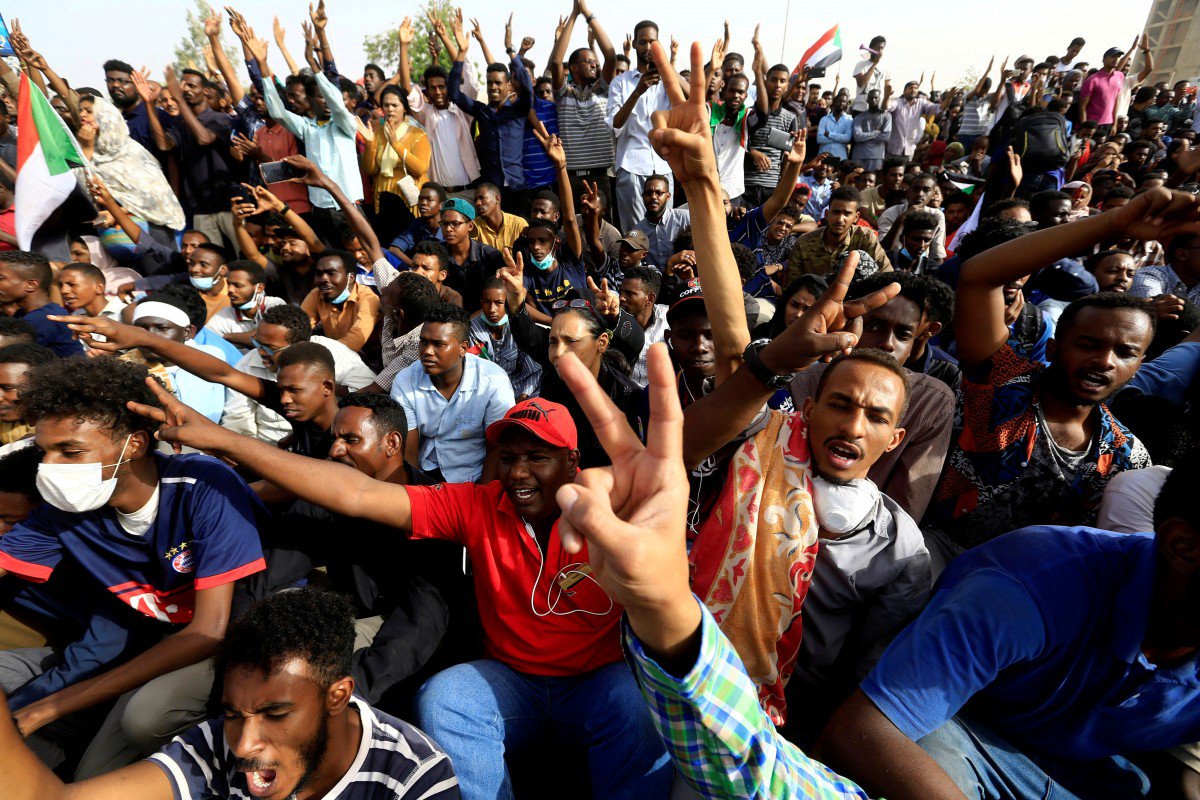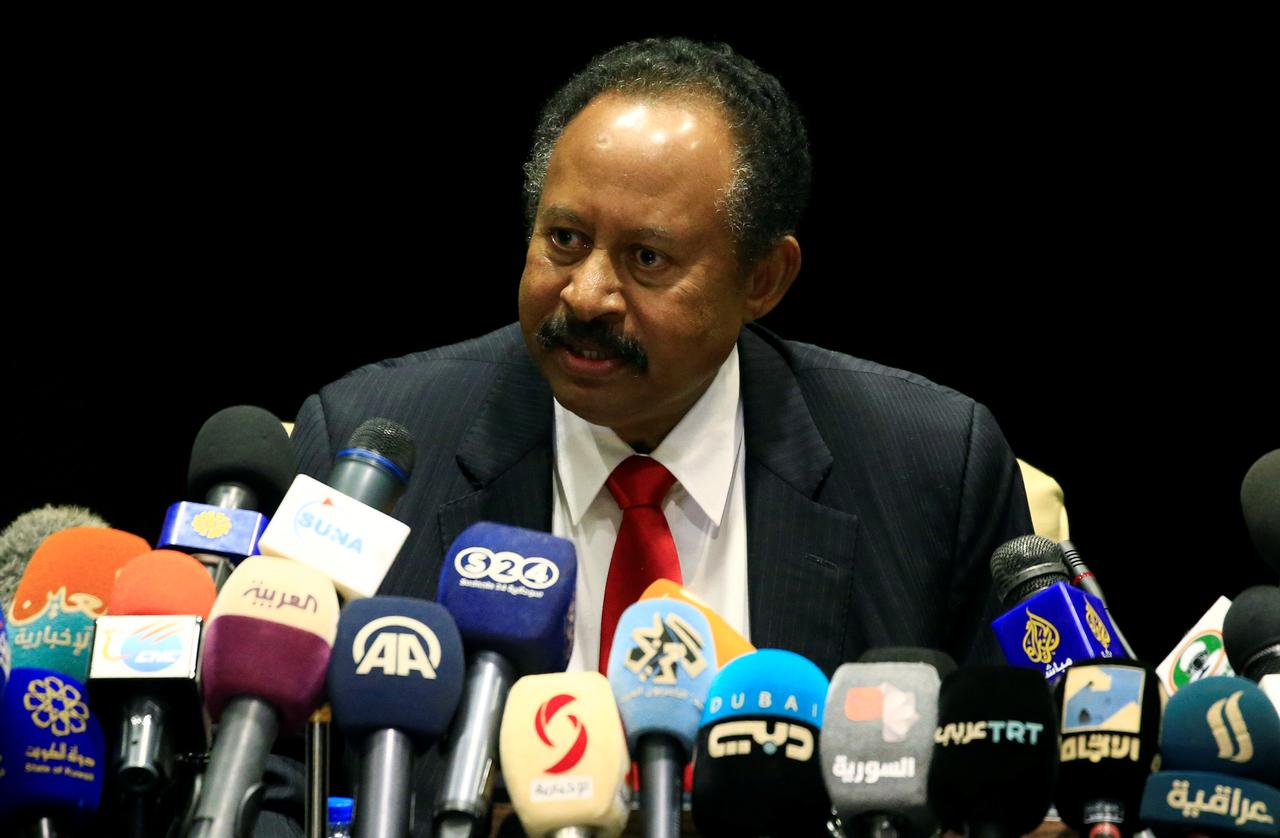Sudan Military Dissolves Omar Al-Bashir’s Dictatorship After Protests

[AdSense-A]

After months of anti-government protests, Sudan’s Omar al-Bashir was ousted by the military. The ouster ends Bashir’s three-decade rule, often termed as a dictatorship. He came into power through a coup in 1989 and was removed by a coup.
The president was replaced by a military council headed by Awad Ibn Auf. Auf, however, also resigned just days later and named Lieutenant General Abdel Fattah Burhan as his successor. Although the protesters have achieved their main objective, the ouster of al-Bashir, they are now demanding for a civilian-led transition.
How the Protests Started

Omar Al-Bashir ruled Sudan in October 1993, marking over 25 years on the seat. His leadership style was criticized from both within and without. Add to this the rising inflation, a shortage of cash, high bread and fuel costs, and the Sudanese people felt that enough is enough. The Sudanese protests started as a way of people expressing their dissent on the rising cost of living. The protesters’ claims widened with the demand for Omar Al-Bashir to step down.
[AdSense-A]
The protests gained new momentum after Algerian protesters forced president Abdelaziz Bouteflika’s resignation. Things escalated on April 6, 2019, when protesters camped outside the army headquarters in Khartoum. Following the ouster of the president and the resignation of Ibn Auf, the Military Council has called for a dialogue on the country’s transition.
Role of Social Media
Just like in other protests and the Arab spring, social media played a critical role in mobilizing protesters across the country. This is why Omar Al-Bashir came out to mock protesters, telling them change of government cannot be done through Facebook and WhatsApp. However, the protesters have succeeded in ending Bashir’s regime.
Although Sudanese women face restrictions on where they can go and how to dress, they were also at the forefront of the protests. Most of these women were born during Bashir’s reign and have never known any other president.
World Reaction
Several countries have backed the ouster of Bashir in Sudan. Egypt has expressed its full support for the people’s choice. The United Kingdom and the United States have called on the army to facilitate civilian leadership in the country. The AU, EU, and UN have expressed similar sentiments, advocating for civilian transition in Sudan.
[AdSense-A]
What Next for Bashir
The ruling military council has stated that Sudan will prosecute Omar al-Bashir, and will not hand him over. The International Criminal Court (ICC) has been pursuing Bashir for years to face several charges. The former Sudan president faces five counts of crimes against humanity. In addition to the crimes against humanity, Bashir also faces two counts of war crimes.
The military’s decision not to extradite Bashir means that the ICC will still find it difficult to charge him. The United Nations has already called on Sudan to cooperate with the ICC. The ICC issued two arrest warrants for al-Bashir—one in March 2009 and another one in July 2010. The Sudanese military has declared a three-month state of emergency.






Responses